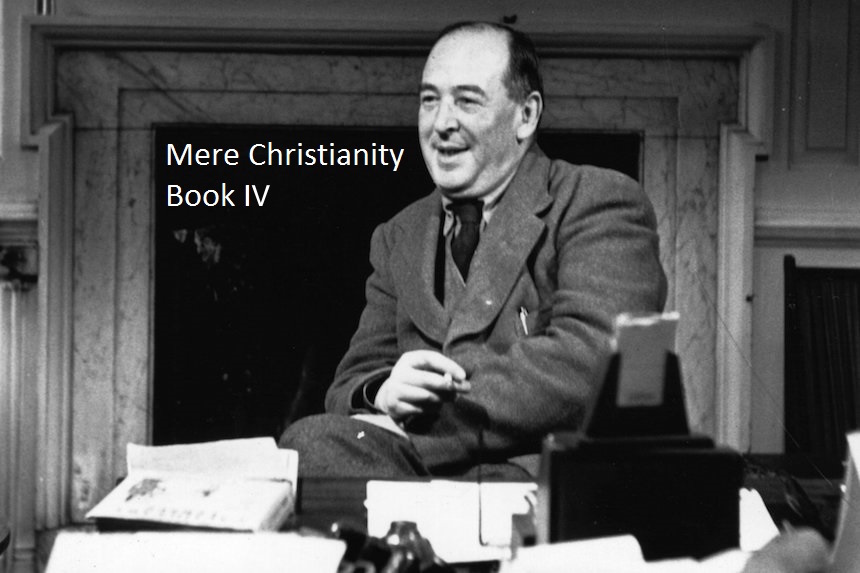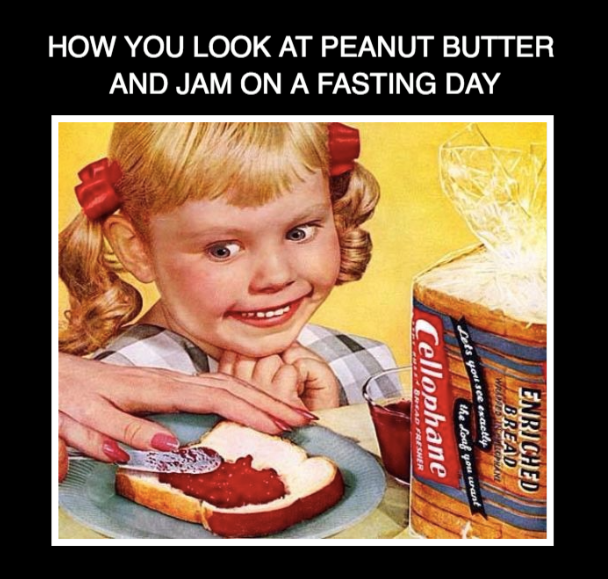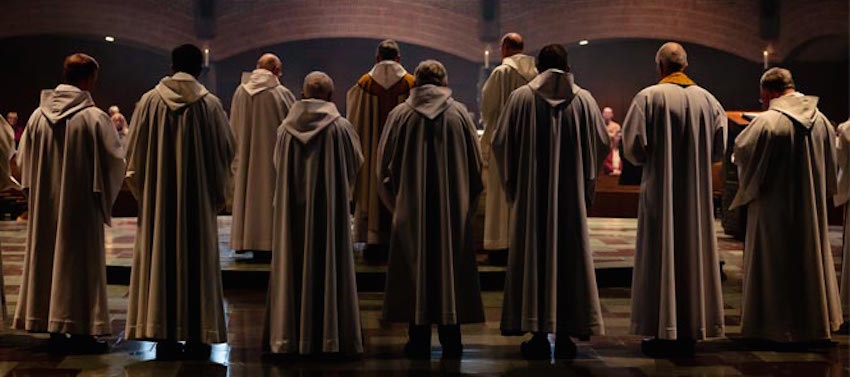Mere Christianity – Book IV – Chapter 9 (“Counting The Cost”)


Picking back up my notes for C.S. Lewis’ “Mere Christianity”…
1. “Be ye perfect” does not mean that God isn’t going to help us until we get our act together
“Some people seem to think this means ‘Unless you are perfect, I will not help you’; and as we cannot be perfect…our position is hopeless. But I do not think He did mean that. I think He meant ‘The only help I will give is help to become perfect. You may want something less: but I will give you nothing less'”
(a) Jack wouldn’t go to his mother with a toothache because he knew he’d get something else in addition to the relief from immediate pain…
(i) He’d wait until the pain got really bad
“When I was a child I often had toothache, and I knew that if I went to my mother she would give me something which would deaden the pain for that night and let me get to sleep. But I did not go to my mother – at least, not till the pain became very bad…”
(ii) …because he knew he’d also get a trip to the dentist…
“I did not doubt she would give me the aspirin; but I knew she would also do something else. I knew she would take me to the dentist next morning. I could not get what I wanted out of her without getting something more, which I did not want…”
(iii) …and the dentist wouldn’t restrict himself just to that tooth…
And I knew those dentists; I knew they started fiddling about with all sorts of other teeth which had not yet begun to ache… if you gave them an inch they took an ell”
(b) God is like a dentist
“Our Lord is like the dentists. If you give Him an inch, He will take an ell. Dozens of people go to Him to be cured of some one particular sin which they are ashamed of (like masturbation or physical cowardice) or which is obviously spoiling daily life (like bad temper or drunkenness). Well, He will cure it all right: but He will not stop there. That may be all you asked; but if once you call Him in, He will give you the full treatment”
 This week we have another song from PJ Anderson, “Rise”….
This week we have another song from PJ Anderson, “Rise”….




